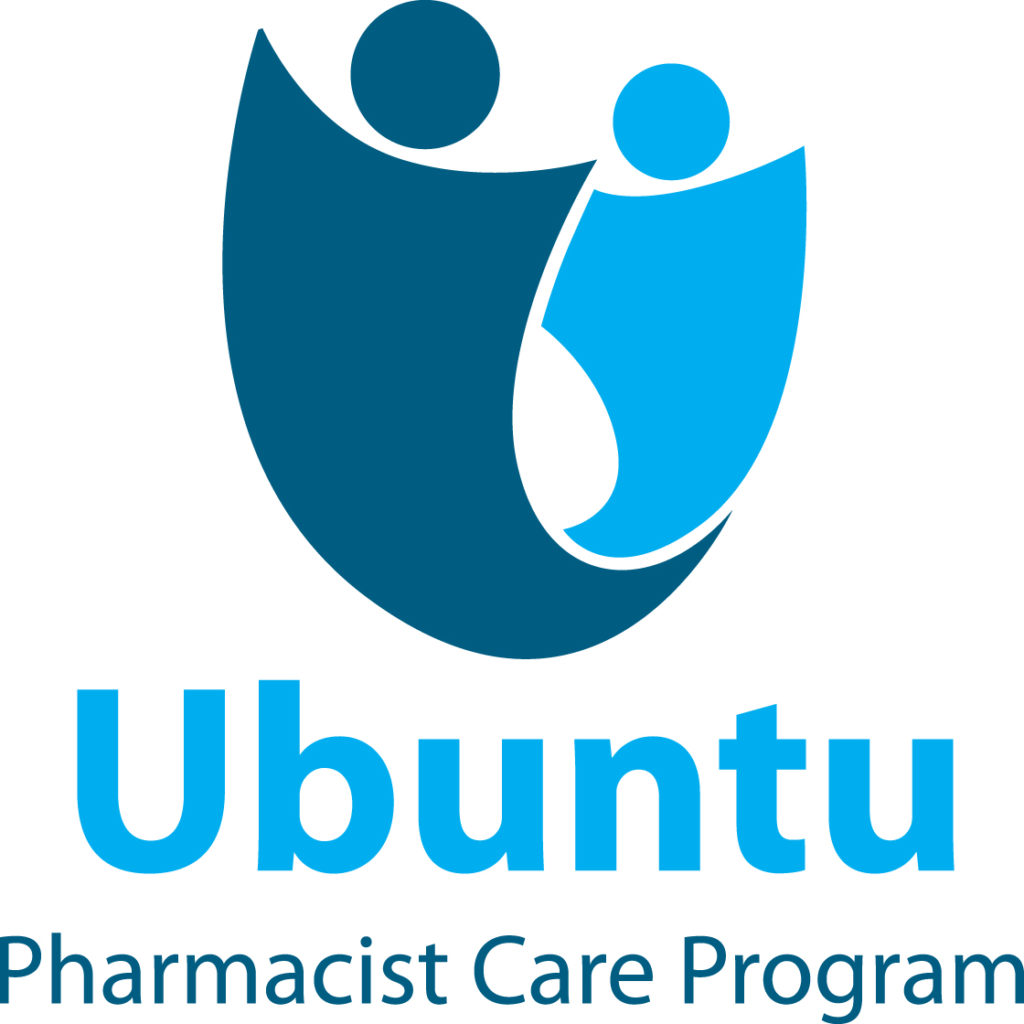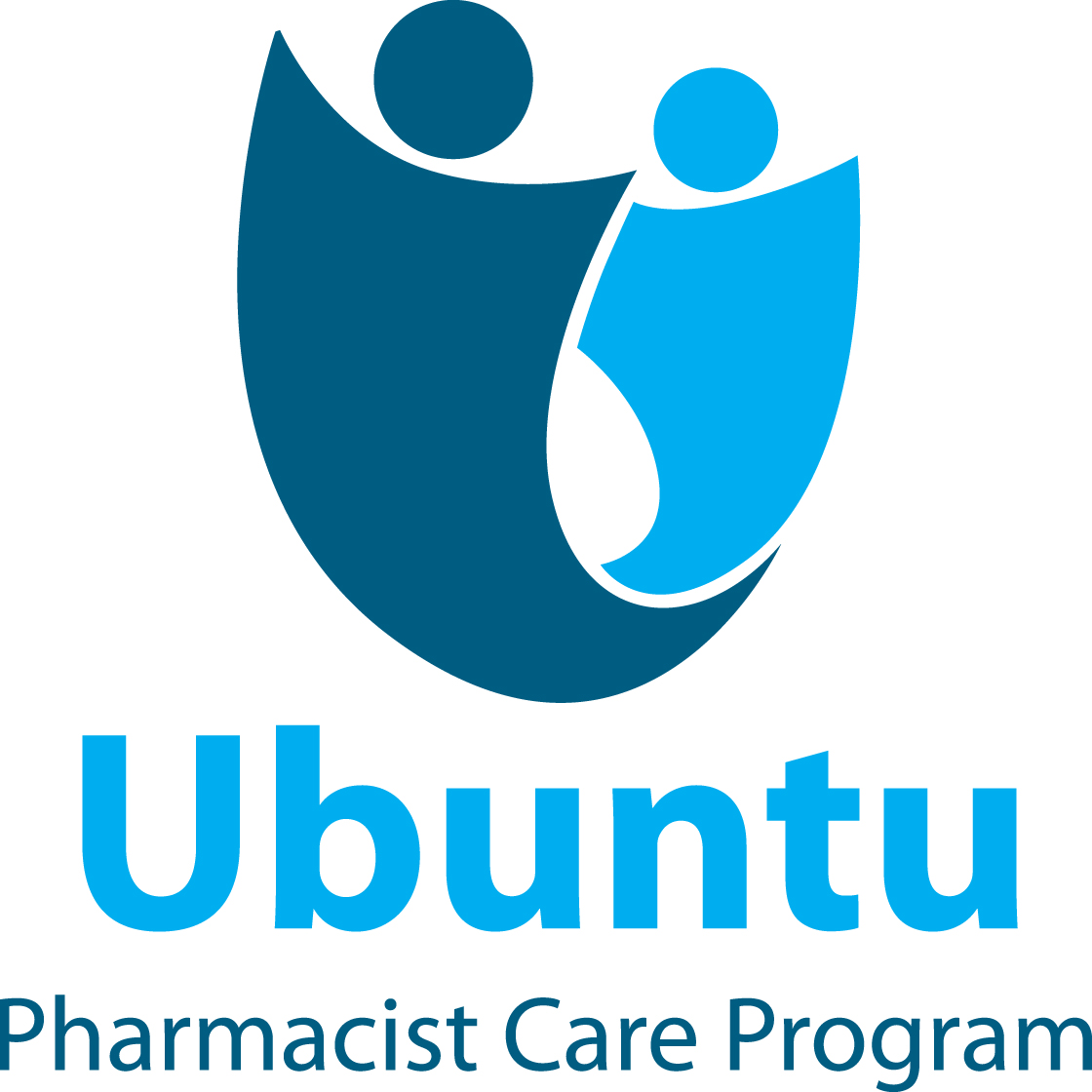In this episode, we talk about Ubuntu Pharmacist Care Program.
“BE THE CHANGE”
Gandhi
Listen
Subscribe
iTunes | Stitcher | Google Play | Spotify
What You Will Learn:
- About Ubuntu Pharmacist Care Program
- Connecting the dots in our healthcare system
- Too many cooks spoil the broth
About MichRx Pharmacist Consulting Services:
MichRx Pharmacist Consulting Services is a healthcare and training company providing state of the art Medication Therapy Management (MTM) , Chronic Care Management (CCM) and telehealth consulting with a focus on HIV Care, resulting in improved patient outcomes and increased profits for our clients.
We create these results by focusing on the role of the pharmacist as a key healthcare provider, saving patients lives, improving outcomes and enhancing patient quality of life. The care provided is across all stakeholders such as pharmacists, physicians, third-party payors, PBM’s, drug manufacturers, AIDS Service Organizations and NGO’s and clinics.
For more information about MichRx Pharmacist Consulting Services, Inc. visit MichRxConsulting.com

About Ubuntu Pharmacist Care Program:
https://www.michrxconsulting.com/ubuntu-pharmacist-care-program/
The Ubuntu Pharmacist Care Program is a unique advanced practice MTM (Medication Therapy Management) CCM (Chronic Care Management)and DSM (Disease State Management) pharmacist consultation program of MichRx Pharmacist Consulting Services,Inc.
Problems are identified by the HIV Pharmacist specialist and a customized proprietary care plan is developed and communicated to the patient as well as physicians, family members, case managers and other entities necessary for improved patient care and optimal outcomes
About Ubuntu Care Academy:
https://www.michrxconsulting.com/ubuntu-care-academy/
The Ubuntu Care Academy is our online training portal designed to provide online training and education for you and your TEAM.
Subscribe & Review on iTunes
Are you subscribed to our podcast yet? Want to get bonus episodes? Be sure to subscribe so you get notified of any new episode that comes out.
Click here to subscribe on iTunes.
Transcription
Our podcast this week is called the Ubuntu Pharmacist Care Program. Connecting the dots for those of you who have listened to my previous podcast, um, we, I spoke about my dad’s experience and my family’s experience with his fall and dealing with the nursing home in the hospitals and things like that. I had this massive it perfectly, he’s still in the nursing home and you know, dealing with the doctors and the nurses and everybody. I had this massive epiphany, my chronic care management program. They’d been to pharmacists care program. I suddenly had this epiphany that it has like totally connected the dots. The past few weeks have been absolutely excruciating trying to manage his meds and what the doctors are doing, what everybody’s doing it, it seems in our fractured healthcare system, there’s no way to connect the dots. It seems like a patient gets put into the system some way and nobody ever connects the dots.
Nobody looks at the entire, the whole patient to try to look at the acute problem going on. But how does their problem re relate to everything else that’s going on with the patient and their medical history and, and other things. So working to try to coordinate the patient’s medications from different sources, different doctor’s opinions from different specialties. How do we connect the dots? And My polyphony in the middle of the night was, it is the boon to pharmacist care program. I created this chronic care management program over many, many, many years and I have perfected it now into um, direct face to face patient consultations or con consultations via encrypted HIPAA compliant tele-health. Um, the outcomes that I’ve achieved in my patients, my HIV patients have been extraordinary, like massive outcomes, improving, um, their quality of life, controlling their HIV and now expanding their into like medicare part d recipients with chronic diseases.
It has been extraordinary. So I wanted to share this experience because going through this with my family and examples are, you know, somebody who has a cracked pelvis on one side and a broken hip with the titanium rod screwed in on the other side. Why would his pain management be prn for somebody who will never ask for pain medications tries to suffer through it, he’s not going to ask for pain meds. So in an individual like this, why would we not manage the pain? Give them the least amount of pain medication that controls it instead of waiting and the patient going without pain medication for like 48 hours and then be in extreme pain. How are we going to get that pain management back to normal? We’ve got to think about, think about it and use common sense. Sometimes I really wonder, so getting like getting my dad’s pain management of a prn to like every eight hours has made like an enormous difference.
Another example would be, you know somebody because somebody has been on narcotics, being in the hospital, being on narcotics and they constipated and maybe they haven’t had any bowel movements for for like 10 days. Getting them on lexiteers such as Miralax and things like that until they do have bowel movements is one thing. But then why would you not discontinue that or backer off once they are all having normal bowel movements so that you can avoid like multiple bowel movements a day that are more like diarrhea. I mean, I just don’t know. It doesn’t seem like it’s rocket science, but there’s so many pieces and we have like too many cooks, you know, have they say too many cooks spoil the broth. Will our broth of health healthcare is like putrid. If it would be like a broth that you’d give somebody that they’re going to get so sick, they’re going to die.
That’s how our healthcare system is. We have way too many cooks and the broth is completely spoiled. So when we can connect the dots and pull everything in and reign everything in to like a chronic care management program, like there’ve been to pharmacists care program, we can manage not only the patient’s medications from all aspects of their care or providers, maybe multiple pharmacies, but also manage their disease states. And we can empower the patients to be as healthy as possible to live their best life as possible, improve the outcomes and also decrease healthcare costs. You know, as a pharmacist, I’m like the non-drug pharmacist to me laces more. If I can have my patients on the least amount of medications possible, that’s going to be better for them. Less drugs, less adverse reactions, less side effects, less things to worry about, less opportunities for poor adherence leases more.
The less drugs we have a patient on, the better they can do and the less adverse side effects they’re going to have. So with this podcast, I just wanted to share my [inaudible] for my opened to pharmacist k program. Connect the dots, connecting the dots of this fractured healthcare system and try to rein in all the cooks so we don’t spoil the broth too much and ultimately have negative outcomes for our patients. Um, you can see more, um, on the urban two pharmacists care program at the link on the bottom of this page and if any of you have any questions or you want to enroll your clinic or your pharmacy, um, into the goon to pharmacist care program, we can manage that for your patients. Um, you can contact me via my email, michelle@measurexconsulting.com or just shoot an email to my executive assistant, Megan, James and megan@michellerexconsulting.com and we can get you hooked up.
Remember, we have to be conscious in taking care of our patients, connecting the dots. You have to do it in a conscious way. Remember, we can help our patients, we can make a difference be the change.
